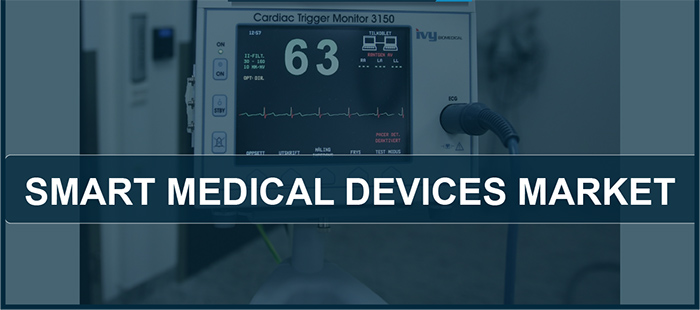
Biopharma and Medical Device Trends Investors Should Watch in 2022
For private equity and venture capital investors alike, there are five key trends presenting both headwinds and tailwinds that may impact investment flows into 2022.

For private equity and venture capital investors alike, there are five key trends presenting both headwinds and tailwinds that may impact investment flows into 2022.

The application of AI in telehealth to allow doctors to make real-time, data-driven rich choices is a key component in generating a better patient experience and improved health outcomes.

This pioneering area of technology comes with new risks and questions of liability.

The industry struggles with various unknowns that impact efficiency, quality, and as a result, finances. This article reviews some of these challenges and how to overcome them.

MedTech Intelligence recently sat down with Peter O‘Blenis, CEO of Evidence Partners to discuss challenges reviewers face throughout their literature review process in the context of regulatory compliance, and to talk about the upcoming virtual event, Evidence Matters 2021.

Increased awareness during the COVID-19 crisis and public efforts to strengthen the development of healthcare technologies has boosted the smart medical devices sector.

As more medtech companies take advantage of the game-changing technology to innovate and advance products, they must anticipate the need to obtain trustworthy, evidence-based comprehensive data—and be prepared to do their own due diligence to verify the chain of evidence and meet increasingly stringent regulatory requirements.

Modern technology has given rise to new legal questions. How does FDA regulate machine-learning computers that are changing so rapidly – given that the approved product may be drastically different than the product that ends up on the market? These questions arise from a lack of understanding of the complex nature of AI/ML-based SaMD, the opaqueness of the regulatory framework, and a dearth of relevant case law.

Diagnostic advances bode well for the imminent expansion of the global COVID-19 detection kits market, which is expected to be worth $8 billion by 2027.

Edge computing brings processing and storage closer to data’s source rather than sending it to a distant data center in the cloud. Edge computing also complements advanced technologies such as artificial intelligence (AI). Here’s a look at why it facilitates the medical imaging progress.